15 September at 10:00AM
Seven Ways To Be An Ally to Marginalized Groups
Marginalized groups exist everywhere. One of the things all these groups have in common is the lack of privilege. They do not have the benefit of accessing everything they need to ensure their well-being. Suppose you can identify a group of people who are denied participation in mainstream socio-economic and political activities or have limited access to basic amenities like quality healthcare.
The best way to end this unjust cycle of exclusion, isolation and discrimination is to become a strong ally, especially if you have the privilege.
An ally is anyone who can speak up for a person suffering discrimination. To grasp this description, one needs to understand the influence of social categorizations based on race and ethnicity, gender and, social or economic class— intersectionality. This definition allows us to realize that underrepresented groups can stand in support of each other.
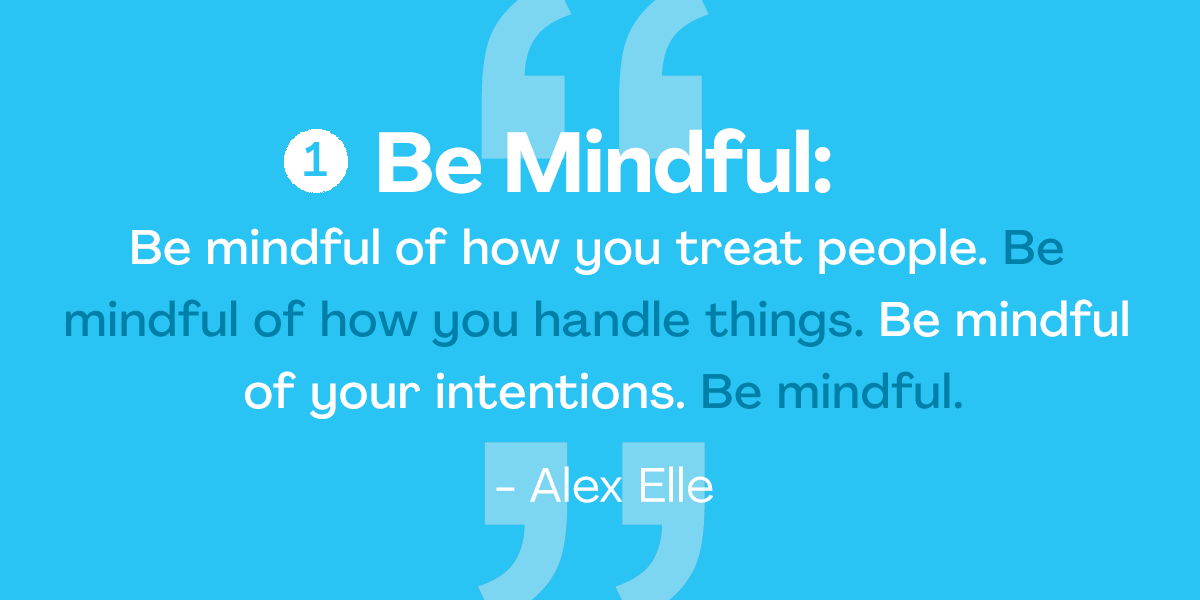
It is crucial to maintain a moment-by-moment consciousness of your thought processes, emotions and external environment; this is the ultimate guide to avoiding hostile actions and utterances. In the absence of mindfulness, you are likely to be caught unaware. You become more prone to, in some instances, unintentionally, saying hurtful or hateful statements. You cannot understand your external environment without identifying your own implicit biases and privilege. Self-awareness always comes first.
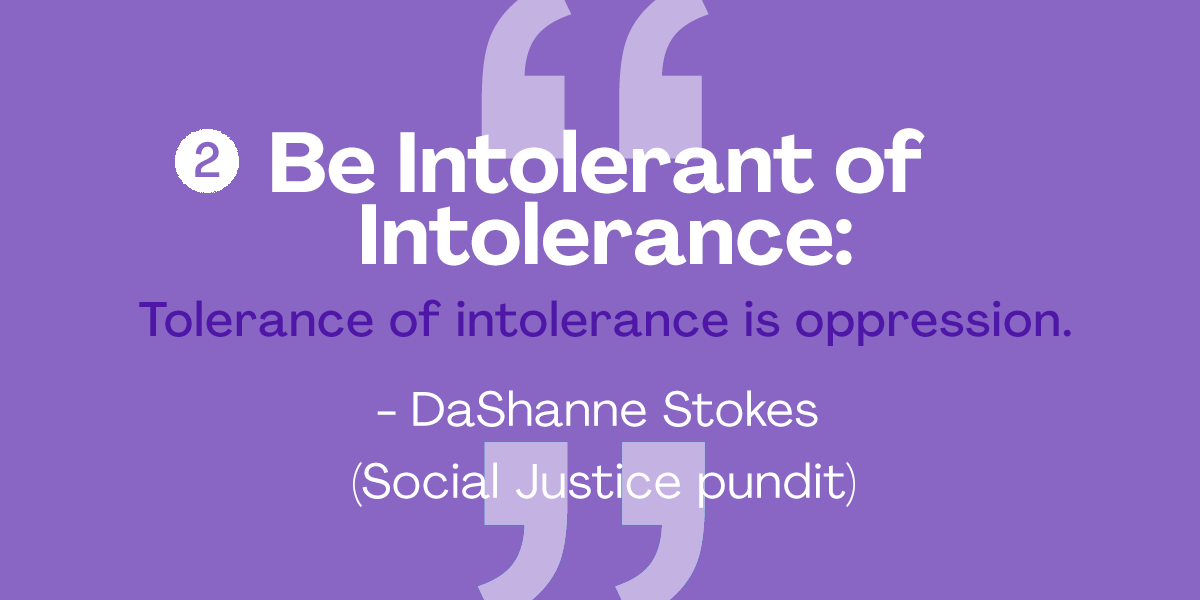
Are you willing to confront derogatory and hateful speech online? What if the person is a close friend or family? Can you respectfully handle a denigratory comment from your superior at work? If so, you are already a strong ally. Being silent sends a message that you are tolerant enough to keep your reservations mute. Furthermore, if you are afraid to speak up, it is maybe because you have not identified fellow allies or do not have a conducive environment that promotes expressivity. Start small.
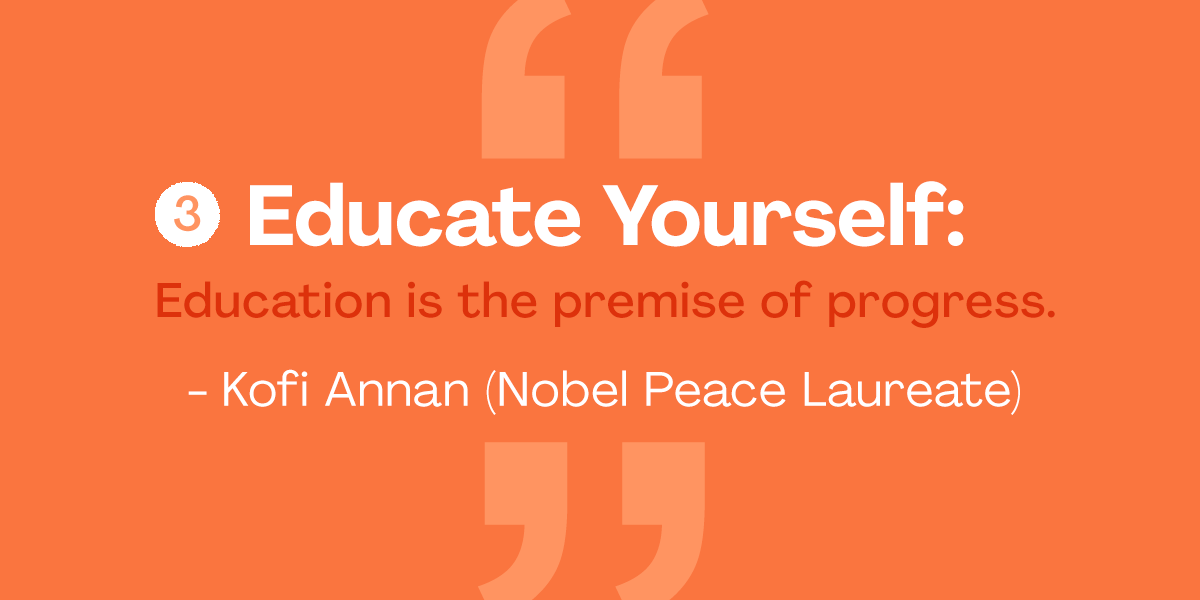
The knowledge of marginalized groups is not static as their lived experiences is a dynamic system that evolves. To be a strong ally, you have to take ownership of educating yourself. Go through the humble process of learning, unlearning and relearning.
Learning agility is the name of the game. The rules are changing fast. The terminology keeps undergoing refinement. What used to be deemed permissible is probably no longer acceptable? Your ability to be agile in letting go of old rules is crucial.
Unlearning is about moving away from misconceptions, misinterpretations, and misbeliefs: similar to wiping the whiteboard clean in preparation for a new lesson.
Relearning involves the steps you take towards acquiring new information based on facts.
Learn about the people, their culture, their history and their movements.
We recommend maximizing the value of your local library, free audiobooks, podcasts and documentaries. Read articles, participate in massive open online courses, book clubs, anti-racist campaigns, and other sources.
Suggested materials:
- Thirteenth, a documentary that explores the history of racial inequality
- Learn about Indigenous Canada
- A Guide to Allyship in the Workplace
- Developing a Diversity, Inclusion and Belonging Program
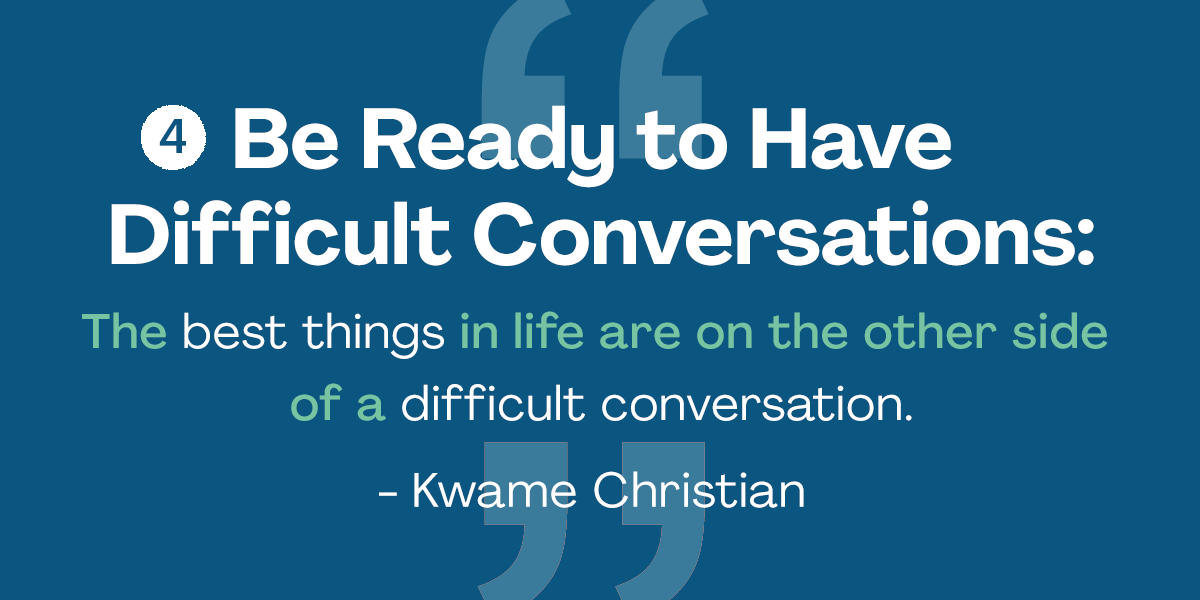
These conversations are stressful for everyone. Seek out other people’s perspectives. Intellectual discourses do not need subject matter expertise; they comprise people with varying viewpoints who are willing to listen with a genuine intent to understand and ask appropriate questions wherever clarification is required.
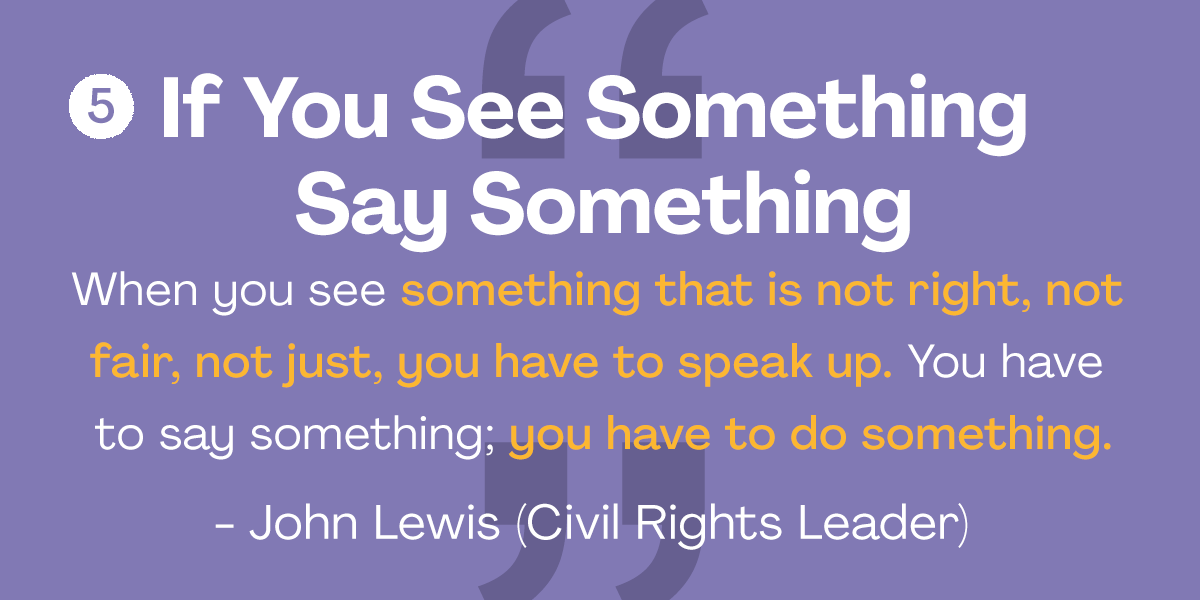
In your everyday life, you will see things around you that are not right. If you have the right amount of information, it is harmful to stay silent. We have more power than we ever did before through social media and customer purchasing power. Call out injustice in your small ways. Sometimes, all it takes is speaking up, standing firm and supporting what is right.
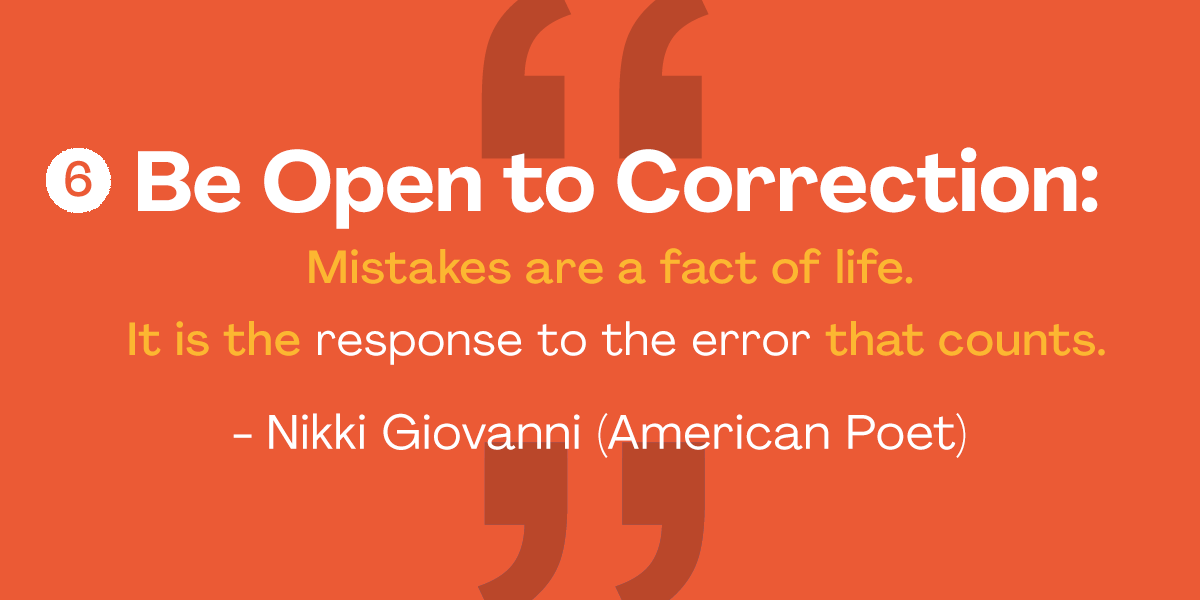
This one is tough for everyone, but you are bound to make mistakes unless you know everything. When they do happen, take these as learning opportunities to fill in the gaps in your knowledge.
Even the most well-meaning people may misunderstand others’ lived experiences, mostly when they have not lived through the same. When someone points out your errors, apologize sincerely, learn from the experience and move on!
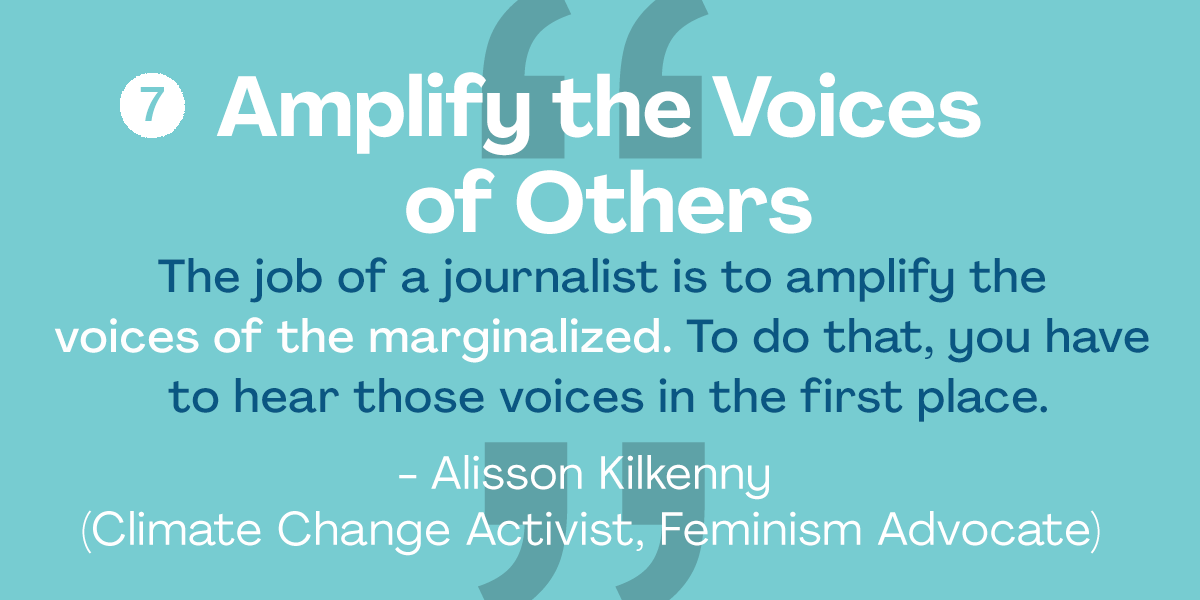
You don’t have the answers to everything. Each of us may not have the same experiences as members of marginalized groups. That’s ok. What you can do is use your privilege and platform to amplify their voices. Share their content. Create space for their voices to be heard. We need more voices to gain access to a platform to share their lived experiences and their thoughts on finding real solutions. When people have greater access, the chance we have at equity. We create a more balanced society where resources are distributed evenly.
Posting in solidarity on social media is a good step, but it means little when the racist and discriminatory systems go unconfronted.
An ally shows true solidarity in the form of corrective action.


